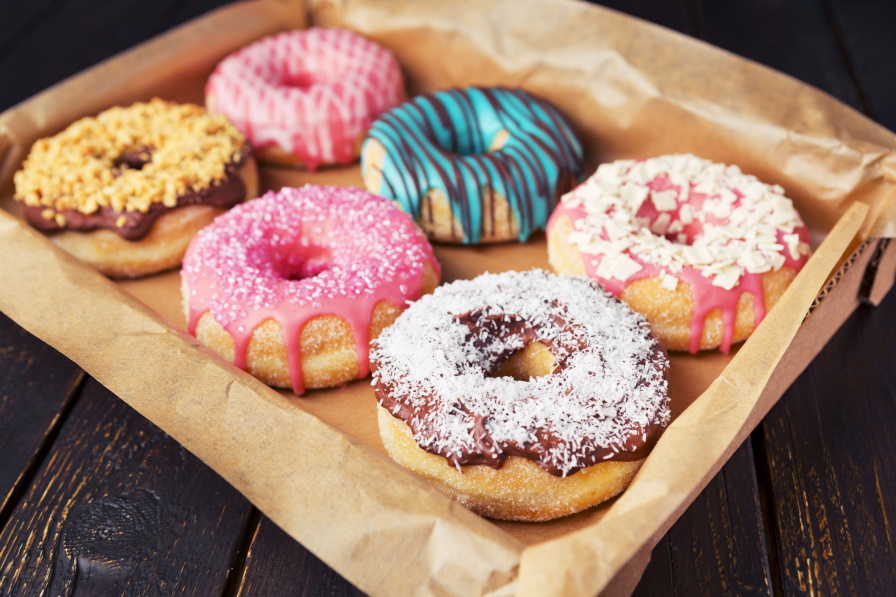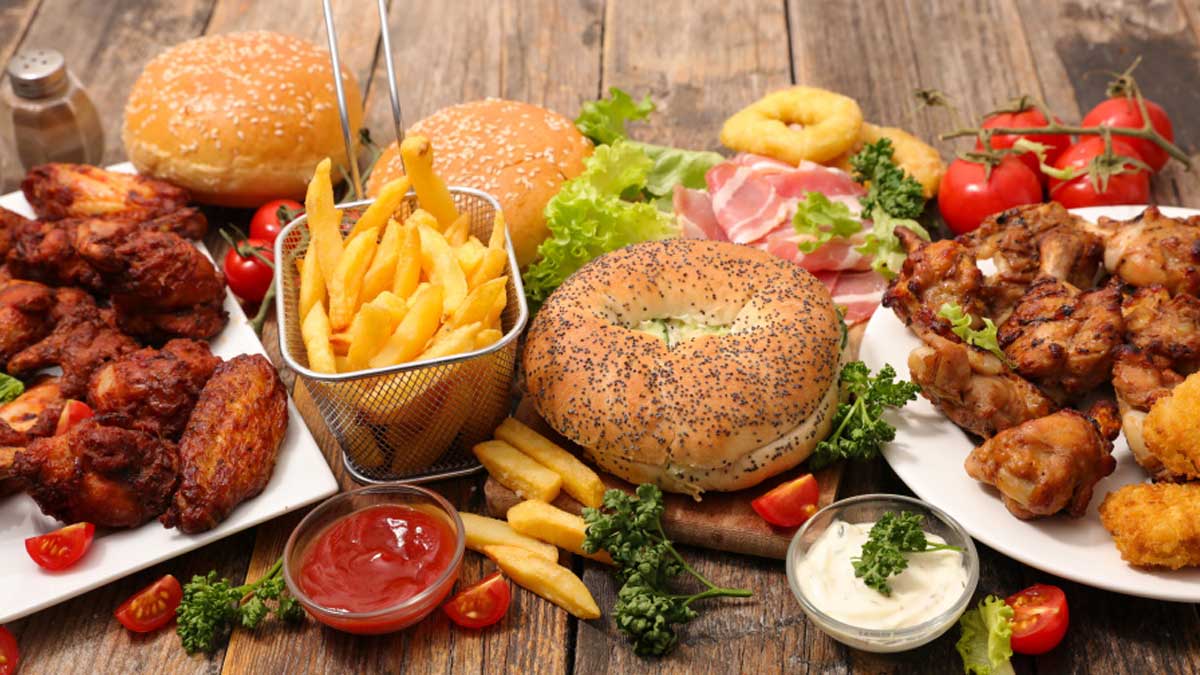Delicious ready-made meals that make us feel better are a serious problem in maintaining weight. An environment full of temptations leads us to make quite predictable errors in our judgments.
These cognitive distortions lead to overeating, weight gain and obesity.
If we know how our own thinking misleads us, it will be easier for us to fight extra pounds.
Temptations
Certain foods encourage us to eat even when we are not hungry. For example, the smell of baked cookies makes us eat cookies. Promising results in this case gives the so-called. Nutritional stimulus therapy, which aims to break the link between the stimuli we get from food and overeating. It consists in frequent and prolonged exposure to food temptations without food in order to break the connection between the stimulus and the reaction.

Attention Distortion
The excessive focus we place on highly rewarding food stimuli that encourages us to follow them leads to an overwhelming craving for certain foods. The solution is to reduce the visibility or availability of high-calorie (unhealthy) foods.
Overload
working memory Working memory is related to the ability to control attention. It is extremely important to maintain self-control in achieving various goals, one of which is a healthy diet. The ability to quickly erase unnecessary information from working memory (such as temptations) increases the chances of increasing self-control and achieving goals (such as buying healthy food).

Alcoholic myopia
Alcohol reduces self-control and the ability to resist temptation. A drunk person smokes and eats more, regardless of previous decisions. Reducing alcohol consumption is a general recommendation for participants in various weight loss programs.
Self reward
A virtuous decision in the past can be an excuse to pamper yourself later. When people believe they have done good, they may use that as an excuse (or proxy) to be more selfish. This also applies to nutrition. A wonderful illustration is the anecdote in which a man was proud that he could pass a pub without going inside, and then returned to draw his will.

